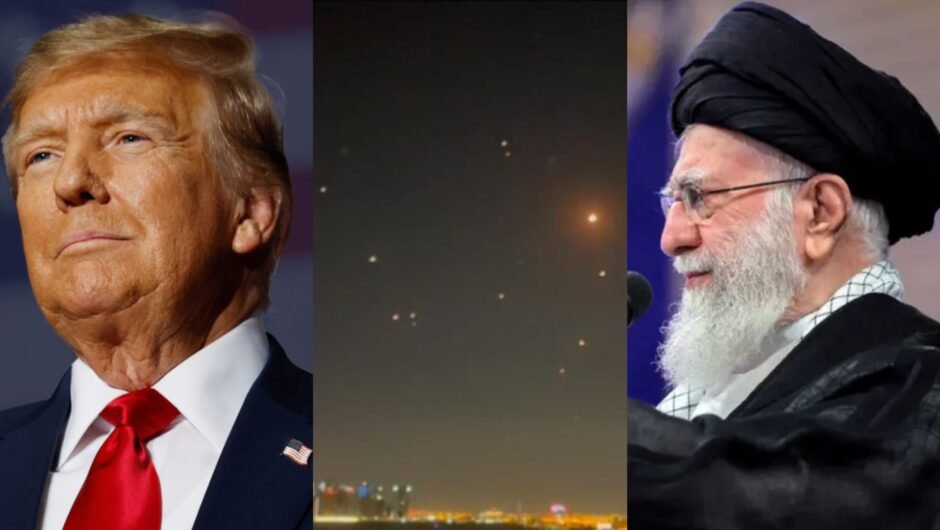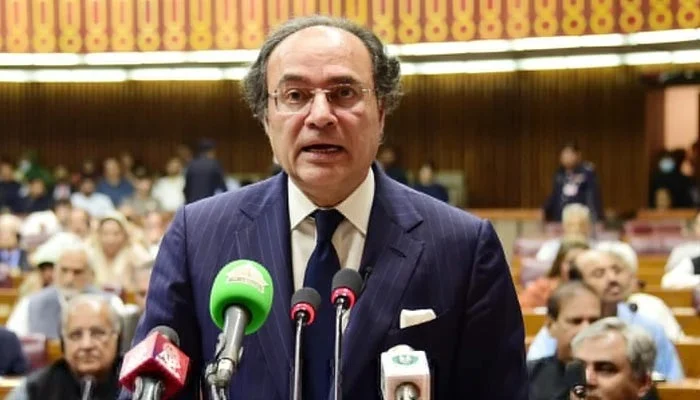Saudi Arabia has reportedly stepped back from its pursuit of a formal defense treaty with the United States due to a deadlock over normalization talks with Israel. Initially, Saudi Arabia showed a willingness to normalize relations with Israel in exchange for US security guarantees and support for its civilian nuclear program. However, recent developments in the Gaza conflict and Israel’s lack of progress on a two-state solution have made Riyadh reconsider its position.
Shift in Priorities
While Saudi Arabia had sought a broad security pact, it is now focusing on a narrower agreement that emphasizes military cooperation and technology sharing. This would sidestep the need for a treaty requiring US congressional approval, a politically sensitive process given the polarized stance of US lawmakers. The revised plan aims to strengthen Saudi defenses against regional threats like Iran without formalizing the alliance through a treaty.
Palestinian Cause Remains Central
A key sticking point has been Saudi Arabia’s insistence on visible progress toward Palestinian statehood as a precondition for any agreement involving Israel. Recent escalations in Gaza have intensified public support for the Palestinian cause within Saudi Arabia, making normalization politically challenging for Crown Prince Mohammed bin Salman.
Impact on US-Saudi Relations
Despite the shift, the Biden administration continues to push for stronger ties with Riyadh. The United States has already resumed some weapons sales to Saudi Arabia, previously halted over concerns about Yemen’s humanitarian crisis. Analysts suggest that a partial deal could still be reached, focusing on joint exercises and strategic partnerships.
Broader Implications
This pivot reflects the complexities of Middle Eastern diplomacy. Saudi Arabia is navigating between its aspirations for economic modernization, regional security concerns, and domestic sentiment favoring the Palestinian cause. The delay in normalization talks also impacts Israel, which views Saudi recognition as a cornerstone of broader regional integration.
Saudi Arabia’s recalibration signals the challenges of aligning regional ambitions with global alliances, particularly when sensitive geopolitical issues like Palestinian statehood remain unresolved. The future of these negotiations may hinge on changing political landscapes in both the Middle East and the United States.





